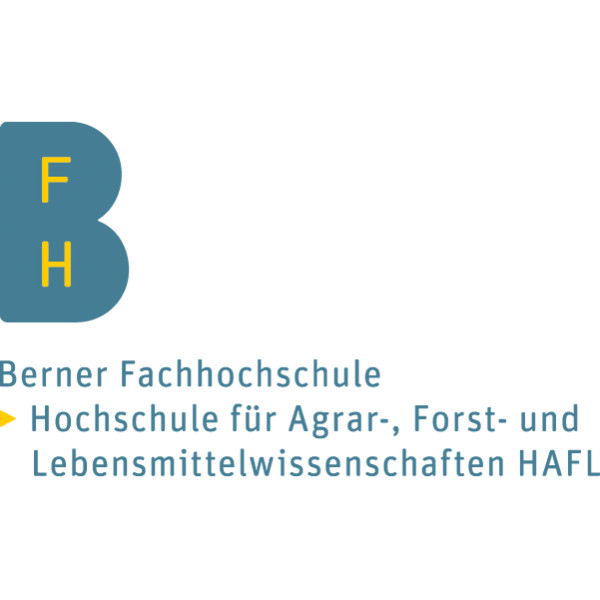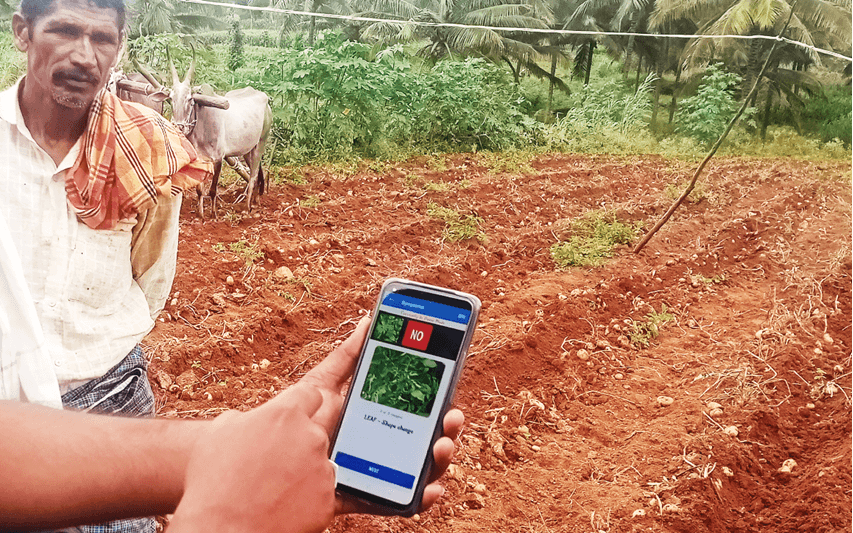Newsletter
Don't miss a thing!
We regularly provide you with the most important news, articles, topics, projects and ideas for One World – No Hunger.
Newsletter
Don't miss a thing!
We regularly provide you with the most important news, articles, topics, projects and ideas for One World – No Hunger.
Please also refer to our data protection declaration.
India, Tanzania
© School of Agricultural, Forest and Food Sciences at the Bern University of Applied Sciences
This project aims at developing a concept for the transmission (and repetition) of agroecological practices (Do’s and Don’ts) in a lively and conducive environment for smallholder farming families in India and Tanzania. The innovative concept involves the use of a board game (Snakes and Ladders) integrated with supplementary information materials pertaining to agroecological practices in cotton-based farming systems. The concept places a strong focus on involvement of women and younger generation in farming decisions.
The transition to agroecology is knowledge and experience intensive, it requires local adaptation to ecological and cultural conditions. This project is an original approach to create a learning tool conducive to the transmission of agroecological practices (Do’s and Don’ts) for smallholder farming families in India and Tanzania through a board game on agroecological cotton-farming practices. A games approach to support the agroecological transformation responds to the lack of governmental extension support for agroecological practices. Much of the formal extension system supports a high use in plant protection products generally biased towards the use of external inputs most smallholder farmers cannot afford. Therefore, farmers who want to transition to agroecological practices find themselves often with many questions and few answers from the traditional extension services. A good way forward is self- help, exchanging experiences and results of tests and trials.
Although the use of board games to help farmers understand and learn about new practices is not new, this project’s emphasis on farmer families, women, and youth in the context of learning and introducing agroecological practices breaks new ground.
"This board game creates needed awareness and holistic understanding – which is the foundation of all other activities in the transition process from conventional to agroecological farming practices and eventually food system."
This gaming approach to agroecology advisory has great potential with regards to its use in diverse settings for awareness creation. This approach is also attractive as it is a game with guidelines – the playful way supports learning, and the material provides the necessary scientific and technical knowledge, inviting for discussion and practical testing of different farming options.
Hemlata Chouhan – Committed to Empower Women in Her Community
Hemlata Chouhan is the training coordinator of ‘Women Self-help Groups’ at Remei India – the job she is passionate about. Being a member of the community and engaging with different people from different family backgrounds, she has first-hand experience of family dynamics in the rural Nimar valley region. In the past several years of her engagement with women, she thinks, “a lot has been achieved, but still there is a long way to go”. She is convinced that “chemical free farming with agroecological practices is the key to leading a healthy life and clean environment” and is determined to spread this message.
Farming is largely the responsibility of male members of the family, while the women run the household. Still, the women participating in the self-help groups contribute a lot to sustainable farming, for instance, by producing botanical spray preparations as advised by local researcher and extension specialists. But Hemlata says that “the agricultural training sessions are predominantly designed for men” and therefore, there is less opportunity for women and youth to learn the same things.
“This game of snakes and ladders is an excellent tool” Hemlata finds, “as it could be played in the families and then children and women can also learn about good and bad agricultural practices”. Then they are better equipped and can confidently make valuable suggestions for farming decisions of the family.
Hemlata Chouhan is eager to bring this advisory tool to her self-help groups and she is sure that it will be a big hit with the participating women.

The School of Agricultural, Forest and Food Sciences at the Bern University of Applied Sciences (BFH-HAFL), is a research institute engaged in applied research and education geared towards current challenges faced by the farming, forestry and food sectors. In this project, BFH-HAFL oversees project implementation and monitoring, provides conceptual input and expertise in agroecology.

The Punjab Agricultural University (PAU), is one of the first and leading State Agricultural Universities in India, engaged in research, education and extension. In the context of this project, PAU develops and disseminates the board game among farmers in India.

Remei India Ltd and Remei Tanzania Ltd are two private independent legal entities in India and Tanzania. Both are daughter companies of Remei AG Switzerland as Remei AG owns both of these companies. In the context of this project Remei India and Remei Tanzania implement the board game on the field in India and Tanzania.

This project is aiming to digitally empower rural youth as providers of agroecological advisory in small-scale potato farming in India.